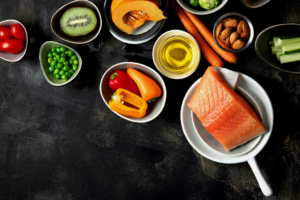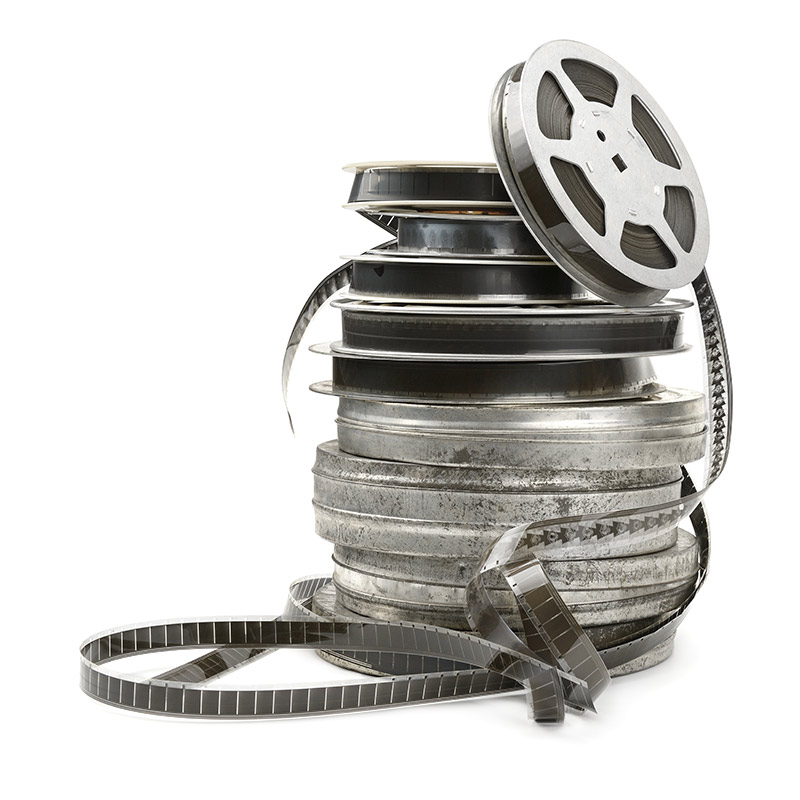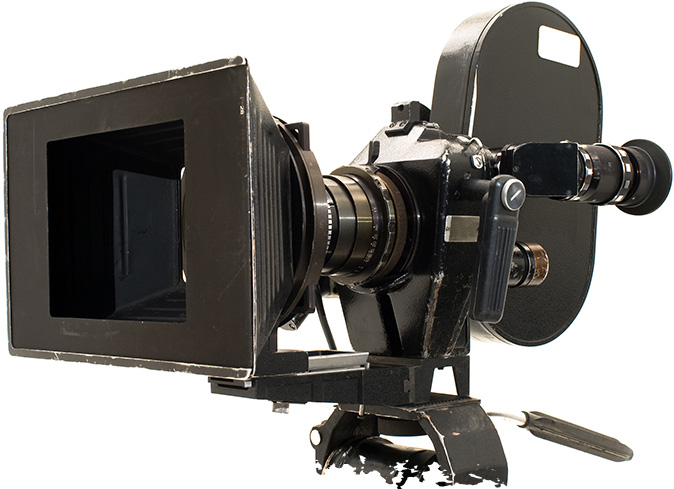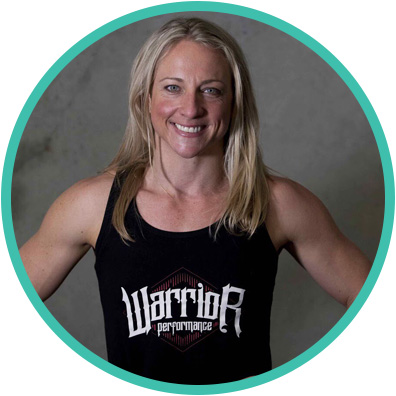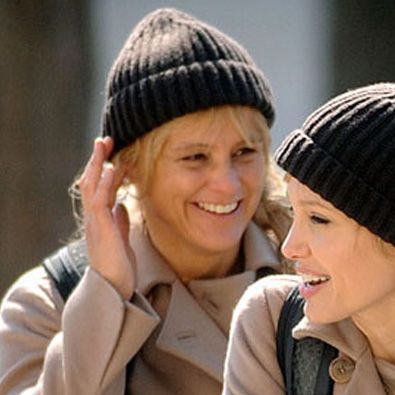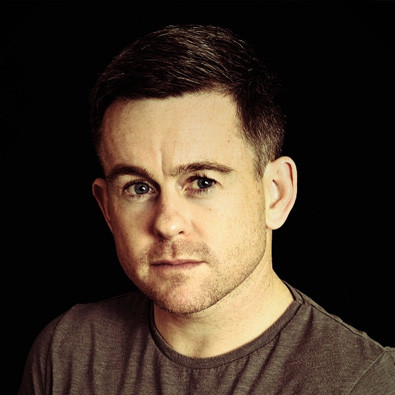
Educated effort = results, Understanding the reality of weight loss
Dieting itself isn’t that hard. It’s simple math. You calculate your calories, track your food and body weight daily for 1 or 2 weeks then assess, did you hit a deficit, maintenance, or surplus calories.
Your results have a direct correlation with your effort.
If you’ve ever been to the doctor when you are sick, likely you would receive a prescription for medication and instructed something like – “take one of these, three times per day with a meal for 5 days”. The majority of the time, if you are smart, you will do exactly that.
When it comes to being a Personal Trainer, it is relatively easy to start coaching someone face to face. But by far the hardest thing to coach someone for is nutrition.
Getting someone to train is a lot easier than getting someone to adhere to their diet. Tell someone to train 3 x per week and they do it. Tell someone to eat 4 x per day with protein in every meal and it’s in the too-hard basket.
Sadly, that two or three hours training each week isn’t where all the magic happens – it’s in the other 165 hours of the week the client isn’t with you.
Calculating calorie requirements
As a general rule I calculate maintenance calories based on the formula 35Kcal per kilo of body weight.
60kg Body Weight x 35Kcal = 2,100 Kcal
For performance, muscle growth and satiety I prefer a fairly high (not super high) protein diet, roughly 2-2.5g of protein per kilo of body weight (or your ideal body weight).
60kg Body Weight x 2.5 = 150g Protein
For fats, I stick close to the amount in grams that I weigh in kilos.
60kg Body Weight x 1 = 60g Fats
Let’s take a look at how I calculate calories for me at 60kg body weight:
- 1g Protein = 4Kcal
- 1g Fat = 9Kcal
- 1g Carbs = 4Kcal
- 150g Protein x 4Kcal = 600 Kcal
- 60g Fat x 9Kcal = 540 Kcal
- Remaining Kcal for Carbs = 960 Kcal / 250g
Carbs are added with the remaining calories and I play with these depending on the daily activity – less on non-training days, more on training days.
Now let’s be real – me saying I want to weigh 60kg, if I am heavier than 60kg and starting on 2100cals is unrealistic. That calculation is an indicator of “maintenance calories” so for a weight cut, depending how dramatic you want to be I would recommend either 60×30 = 1800 or 60×25 = 1500.
When I started competing in powerlifting I was in the 60kg weight class and weighed around 64kg. The reality was, I had to cut calories in order to make my weight shift and that started around the 1600cal mark.
The body is a survival mechanism. It does not want to be shredded. It wants a healthy amount of stored body fat in order to survive should we face a famine. The only issue is, Western society these days is facing the opposite – indulgence and overconsumption.
My bodyweight was fairly consistently coming down, until it wasn’t. Sadly, as anyone who’s ever been on a diet can confirm, weight loss is not linear and therefore can be a real mind f*ck when you are being super consistent with your diet, but not seeing the number on the scale.
However, once you start to recognize that water fluctuations happen regularly (particularly for women – hello hormones!) you have more knowledge and therefore more control. I kept my water intake completely the same every day as that was another thing I could control to help the scale be more accurate.
For my example – cutting weight for a powerlifting meet – my motivation for this goal was extremely high. (If you have a flimsy goal for weight loss you are likely never going to achieve it – see my previous article “Talk is cheap”) I knew if I wanted to perform well on the day, I needed to suck up whatever was being dealt to me leading up to the comp.
Just like everyone reading this, I am human! I got freaked out and fed up with the weight stall. So I got help from someone experienced who was going to keep me accountable. She was a successful powerlifter who I admired and had way more experience with weight cuts than me. Her advice was something like “on the really low cal days you will feel like sh*t, but that’s ok because you are not training those days so it doesn’t matter how you feel. On the training days you get carbs and when you eat them you will be so powerful you will be stronger.”
The final weeks in the lead up to this comp my lowest calories were 1000! That’s 3 days a week I felt like death! Tired, hungry, grumpy, hungry, weak, hungry – you get it. But if you are smart with foods you can trick yourself into feeling full with super low cal, high volume foods so in the end, you survive it. On training days my cals were just over the 1200 mark, still low but the fact I used carbs in my warm up at the gym and someone I admired told me I would feel powerful, I did!
So, where does the glorious 2100 calories come into play? Maintenance phases. After any extended period of low calories you need to bring the calories back up (before your metabolism resets at an all-time low), and you do that gradually to avoid rebound. I competed in the 60kg class for 2 years, so I was motivated to stay near that weight to avoid ever needing to drop my calories so drastically low again.
Over time my body was leaner and due to the training my muscle mass had increased – hello RMR increase. With a higher Resting Metabolic Rate my body was burning more calories when I was resting. I ran through enough cut/maintenance/cut phases that eventually over time my maintenance calories were greater and therefore my cutting calories were greater.
So what do you do if you are not cutting for something that means so much to you that you are willing to completely change your social life, and feel like death for a period of time with low energy? YOU TAKE YOUR TIME!
Patience with dieting is crucial if you want to make lasting changes. Every person I know who did a quick fix challenge never kept the weight loss. Losing half a kilo a week is loads – do that for 12 weeks and you are 6 kilos down. Even if you lost half a kilo a month, at the end of the year that is 6kg down – how many people are getting heavier year after year?
Monitoring your progress, educating yourself about food, calories, macros and tracking bodyweight averages over time will still get you leaner, over time so long as you go through some deficit phases.
I do not recommend the drastic approach! You can still have a social life, enjoy nice food and improve your physique. The all or nothing approach will not lead to success. Consistency, education and accountability can get you there.



